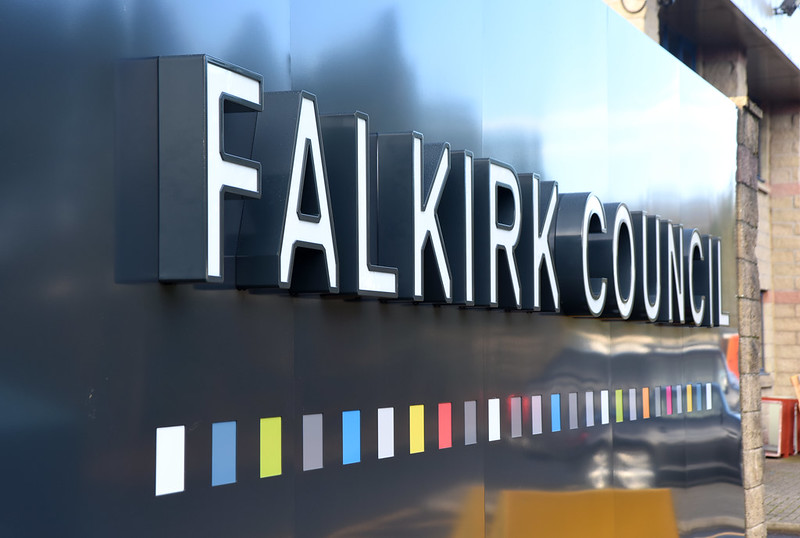Budget options outlined for elected members in Falkirk

A report published this week has highlighted a number of financial options to help Falkirk Council’s elected members make more informed decisions when setting its 2025/26 budget on 6 March.
The report outlines how the council is facing a £27.9 million shortfall for 2025/26 and suggests that further difficult choices will need to be made about how to balance the budget while continuing to provide essential services.
Rising costs, increased demand for services, and restricted funding from the Scottish Government have been attributed for the budget shortfall in the report and officers have outlined possible measures to address the shortfall with a combination of options likely to be adopted to make ensure the budget is balanced.
One of the key areas likely to be under discussion is Council Tax with Falkirk currently having one of the lowest Council Tax rates in Scotland, ranking eighth lowest out of 32 councils.
A 7% increase has already been factored into the council’s five-year Financial Strategy, but councillors will decide the final rate. The report states that if Council Tax is not increased significantly, more savings would need to be made elsewhere.
Officers have presented different options showing how much additional income various levels of increase would bring in. For example, a 7% rise would mean an increase of around £95 per year for a Band D household, while a 10% increase would add around £136 per year. 20% would see around £273 added per year.
Households receiving Council Tax Reduction, which includes around 13,500 low-income residents, would not be affected.
There is also an option presented to add a 1% or 1.5% additional Council Tax increase to fund capital projects, such as roads, buildings, and public spaces.
Alongside Council Tax, officers have also proposed raising fees for some services to generate additional income. This includes a potential 10% increase in parking charges,17% rise in brown bin collection fees, and an 11% increase in school meal prices, adding 30p per meal.
Childcare fees could also increase by 5% for children under two and by 14% for those over two. These changes would raise around £1.5m in total to help with the budget deficit, but officers recognise that any increases in charges will have an impact on residents.
To reduce costs, the council is also reviewing all services to identify savings. This includes looking at council-owned buildings to see where reductions or shared use could be introduced.
In addition to these measures, the council has the option of using reserves and service concessions to help cover immediate financial pressures. Both options provide only a one-year, short-term fix. In the report, officers have warned that these are one-off funds that cannot be relied on every year and there is a need to move towards a more sustainable financial model to avoid further challenges in future years.
Amanda Templeman, chief finance officer, said: “The financial challenges ahead remain very difficult, and there are no easy choices. Officers have put forward a range of options to help councillors make informed decisions, but it will be up to elected members to decide the best way forward on 6 March.
“Raising Council Tax, increasing service charges, and cutting spending all come with difficult consequences. We recognise that these decisions will impact residents and services, and that’s why it’s important for councillors to consider all available options before making a final decision.
“Fundamentally, the council is spending substantially more than the income that it receives, and this must be fixed.”







